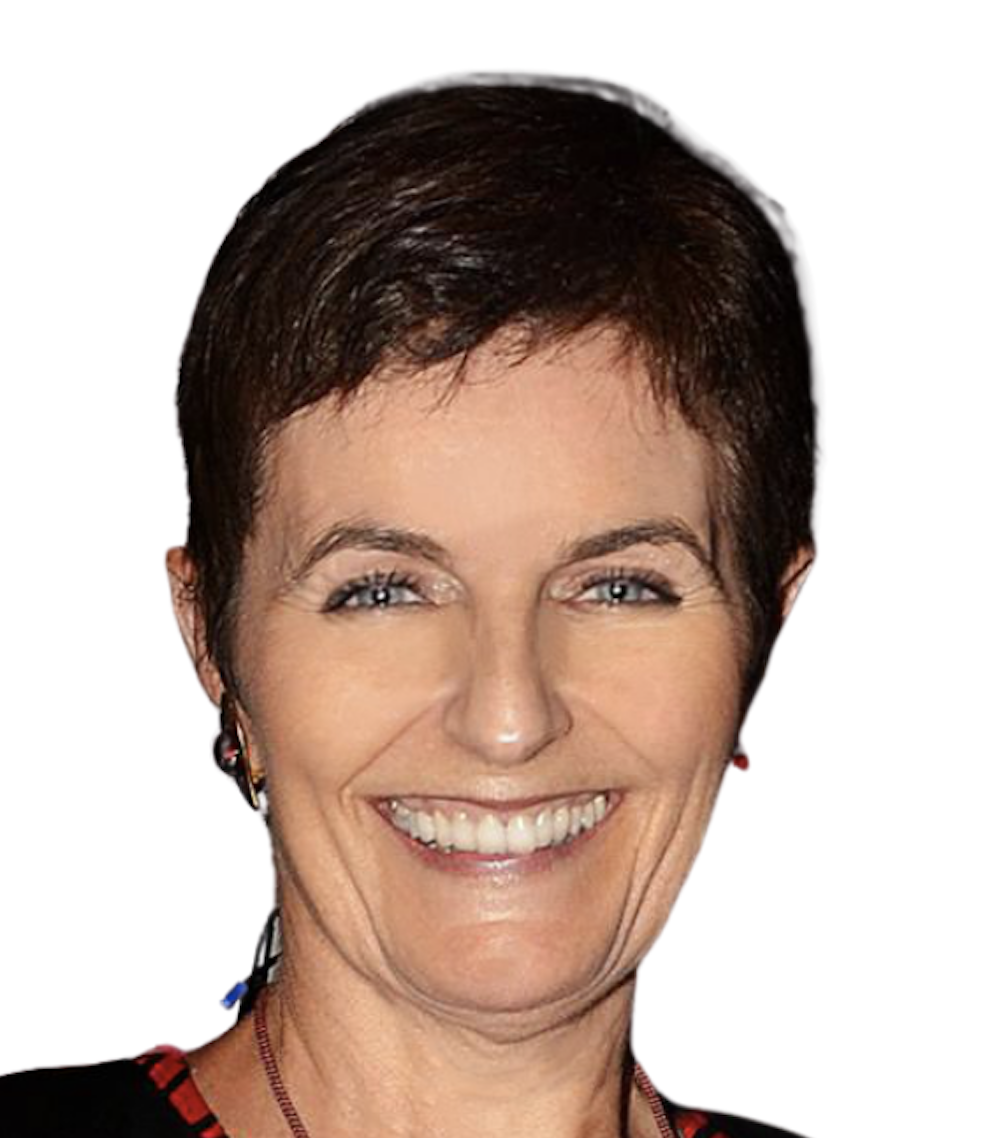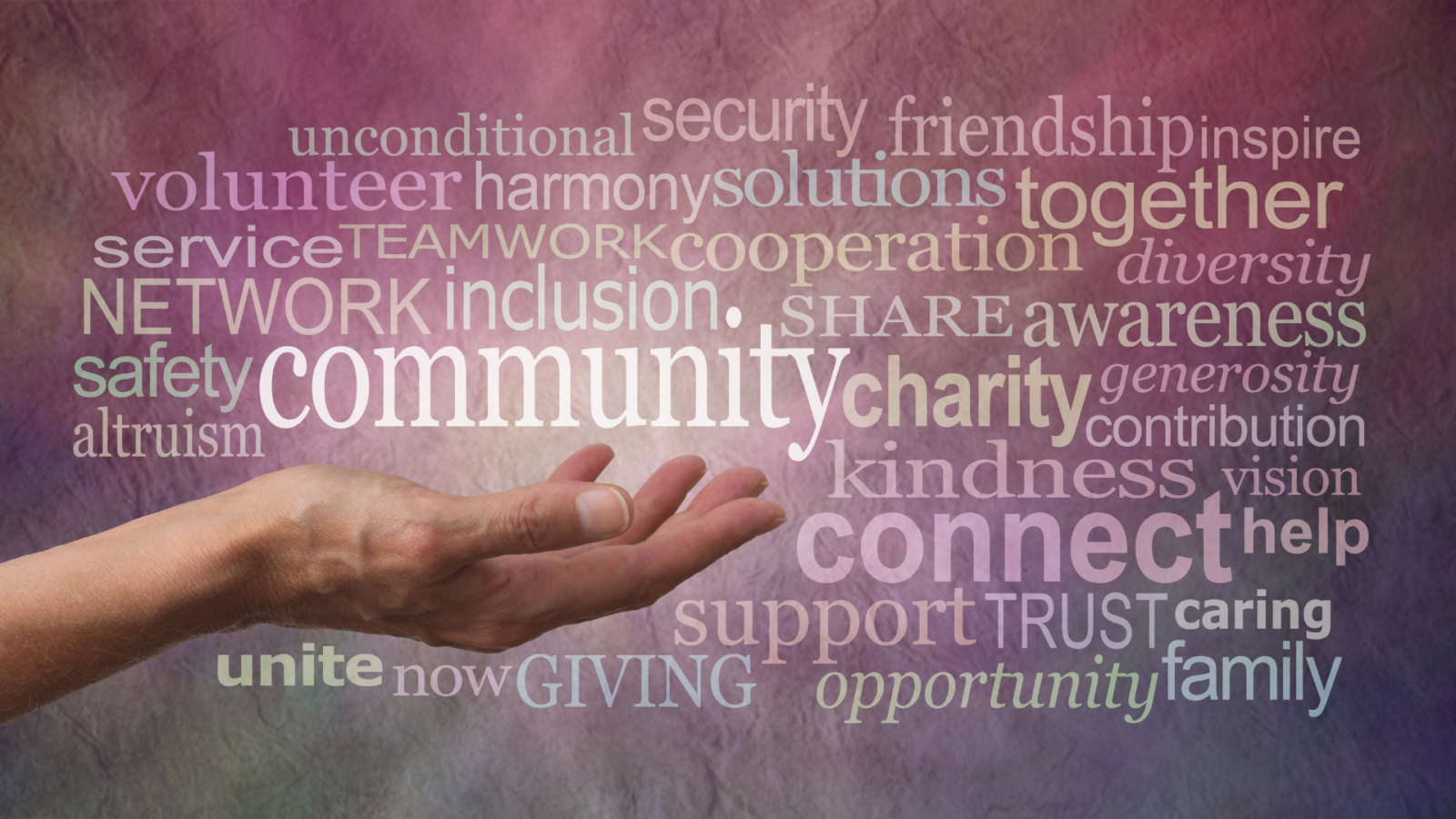“Life Is Difficult”
“Life is difficult.” Do you recognize American psychiatrist and best-selling author M. Scott Peck’s famous opening line from his classic, “The Road Less Traveled”? The reality of this statement hit home for too many people during these COVID-19 times. As a result, many feel powerless and challenged like never before — often after a significant loss — and they find it difficult to hold on to hope and optimism and entertain new possibilities. Now is the time to consider the relationship era.
I was curious to learn what people feel is holding them back from taking charge of their lives and moving forward, so I posted a poll on LinkedIn, asking the question:
“What’s the biggest challenge you’ve experienced claiming your power to change your life right now?”
Choose From The Following Options
- Lack of confidence
- Insufficient community support
- Lack of clarity
- Fear of the unknown
The poll results were not surprising to me, as I have heard about the increased emotional need for community lately due to all the devastation. As many people are rebuilding their lives out of necessity, others wake up and find the intensified need to fill an internal hole — a lingering hunger for a life of greater fulfillment and meaning.
From my perspective, this finding goes hand in hand with the evolutionary shift in values and worldviews emerging in the world today — the perceptions that create our outlook that shines a light on the way we see ourselves, other people, and the world.
Five Stages Of Perception
One of the ancient models describing human behavior talks about five stages of perception that explain how we habitually see things. These perceptions differ greatly from each other and are the causes of major variances in beliefs and behavior. People with contrasting perceptions can be like people speaking different languages. So conflicts and miscommunication are often the results of these diverse perceptions.
1. Survival-Oriented
- Individuals focus on seeking survival at any cost and simply want to cope with the basics.
2. Rule-Oriented
- People view life through laws, rules, and structures that give them safety and protection in everyday life.
3. Competition-Oriented
- Individuals view life as a competition with others. The focus is on winning at all costs.
4. Relationship-Oriented
- People view life in terms of partnerships and relationships with others.
5. Philosophy-Oriented
- Individuals view life with objectivity, tolerance, and acceptance, knowing that everybody is affected by their choices.
Even though we collectively experience intense polarization, there is also a palpable undercurrent of people moving away from holding life solely as a competition, as seen in the Competition-oriented stage. We, as humanity, are understanding that to survive and to thrive, we have to work together and support each other. The pandemic has reminded us of that. And we are slowly but gradually easing ourselves out of the era of competition and into the era of relationship or the Relationship-oriented stage.
Authentic Partnerships And Community
Are you feeling to urge toward authentic partnerships and community? How are you finding a supportive community that speaks to your current needs? Where are you finding the connection and belonging that resonates in your heart with the collective welcome of humanity? What would a supportive community look like to you? These are all excellent questions to ask yourself, which can help you commit to becoming intentional — and empowered — in how you will create your life moving forward.


